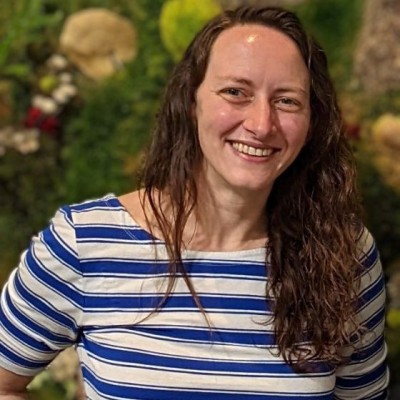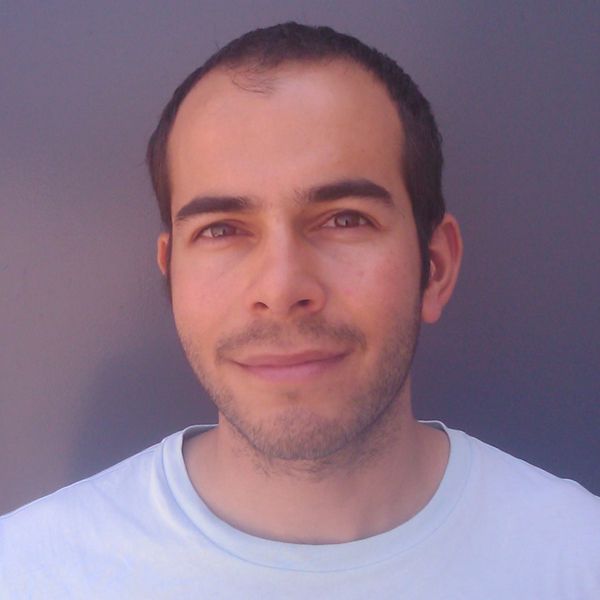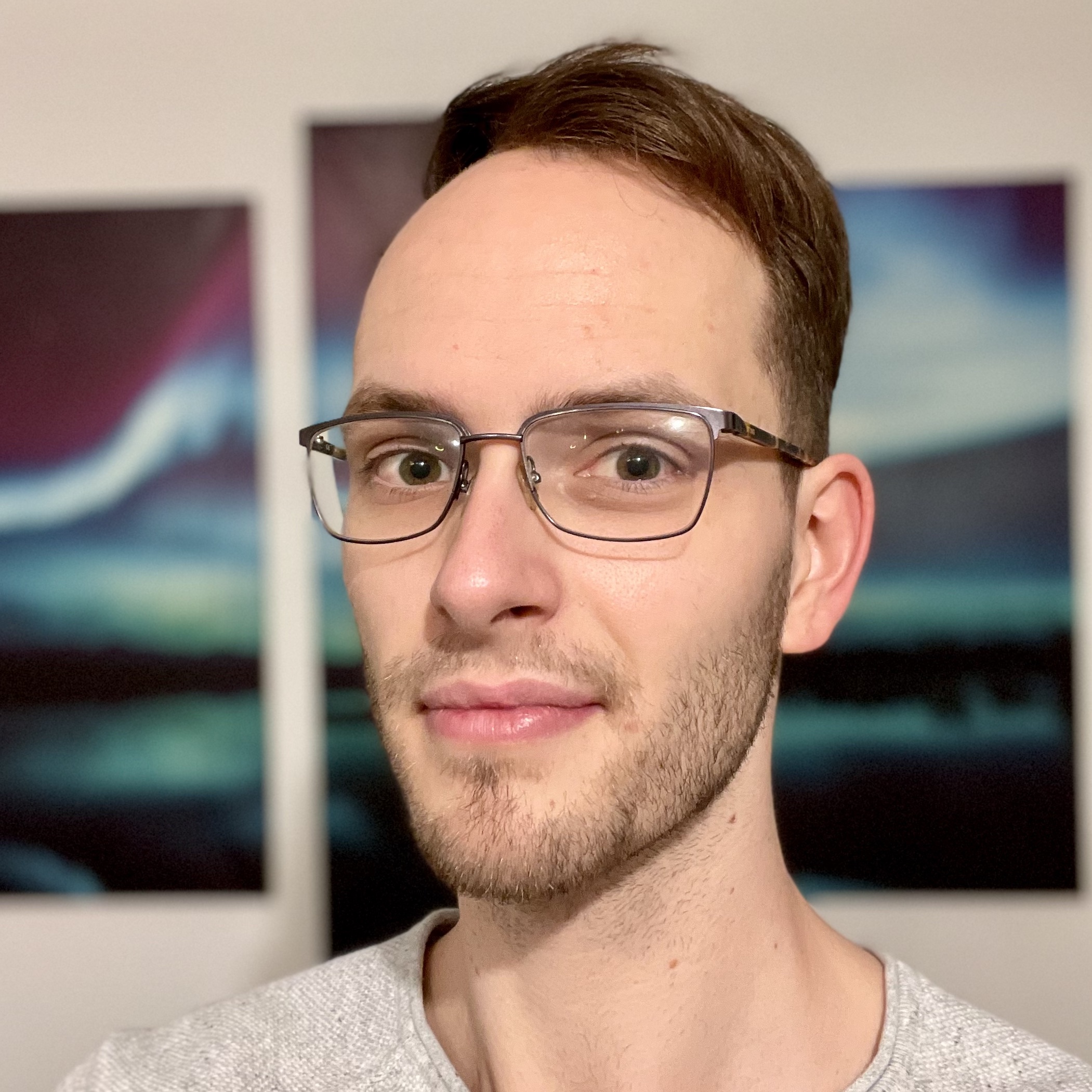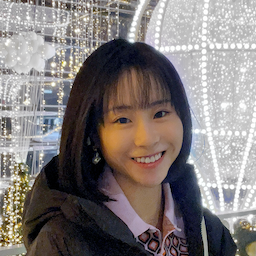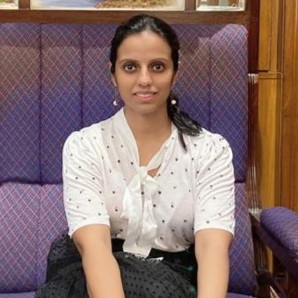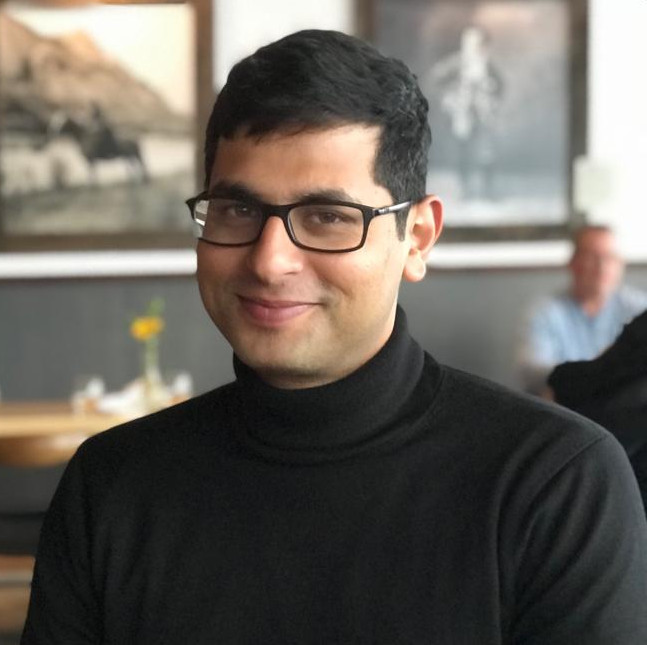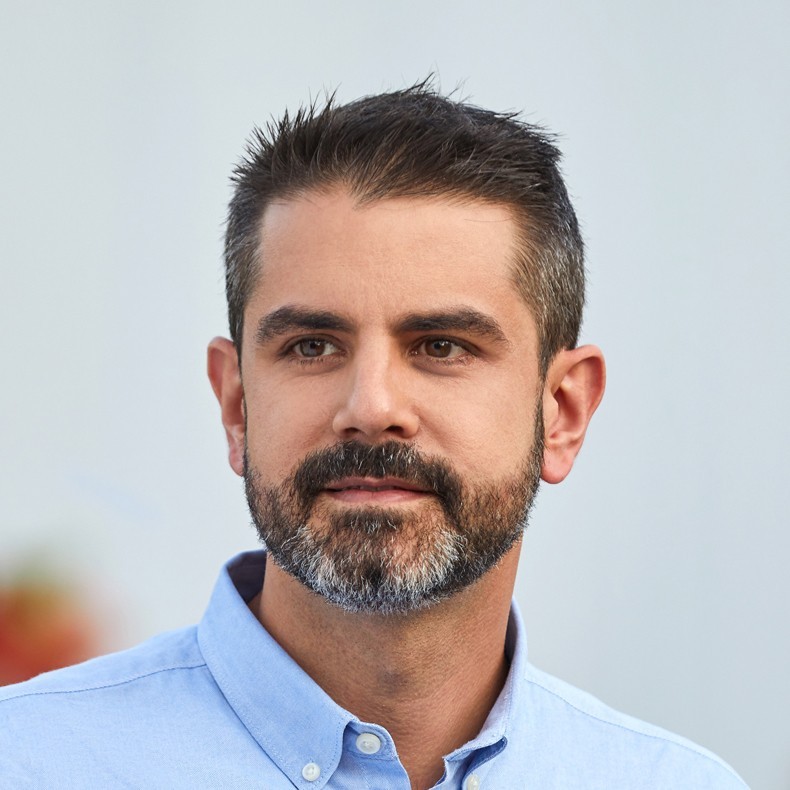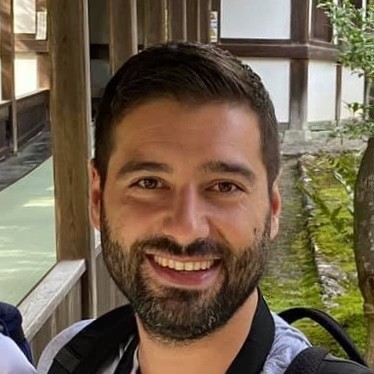This workshop intends to draw more visibility and interest to this challenging field, and establish a platform to foster in-depth idea exchange and collaboration. Authors are invited to submit original and innovative papers. We aim for broad scope, topics of interest include but are not limited to:
- Multi-modal content moderation in image, video, audio/speech, text;
- Context aware content moderation;
- Datasets/benchmarks/metrics for content moderation;
- Annotations for content moderation with ambiguous policies, perspectivism, noisy or disagreeing labels;
- Content moderation for synthetic/generated data (image, video, audio, text); utilizing synthetic dataset;
- Dealing with limited data for content moderation.
- Continual & adversarial learning in content moderation services;
- Explainability and interpretability of models;
- Challenges of at-scale real-time content moderation needs vs. human-in-the-loop moderation;
- Detecting misinformation;
- Detecting/mitigating biases in content moderation;
- Analyses of failures in content moderation.
Submission Link: https://cmt3.research.microsoft.com/MMCM2024/Submission/Index
Authors are required to submit full papers by the paper submission deadline. These are hard deadlines due to the tight timeline; no extensions will be given. Please note that due to the tight timeline to have accepted papers included in the CVPR proceedings, no supplemental materials or rebuttal will be accepted.
Papers are limited to eight pages, including figures and tables, in the CVPR style. Additional pages containing only cited references are allowed. Papers with more than 8 pages (excluding references) or violating formatting specifications will be rejected without review. For more information on the submission instructions, templates, and policies (double blind review, dual submissions, plagiarism, etc.), please consult CVPR 2024 - Author Guidelines webpage. Please abide by CVPR policies regarding conflict, plagiarism, double blind review, dual submissions, and attendance.
Accepted papers will be included in the CVPR proceedings, on IEEE Xplore, and on CVF website. Authors will be required to transfer, to the IEEE, copyrights for any papers published in the conference proceedings. At least one author is expected to attend the workshop and present the paper.



